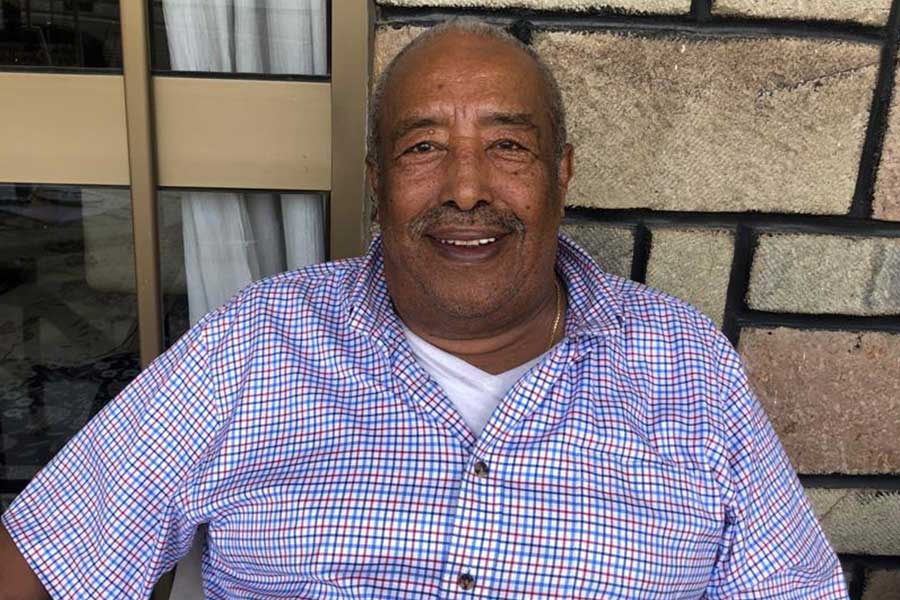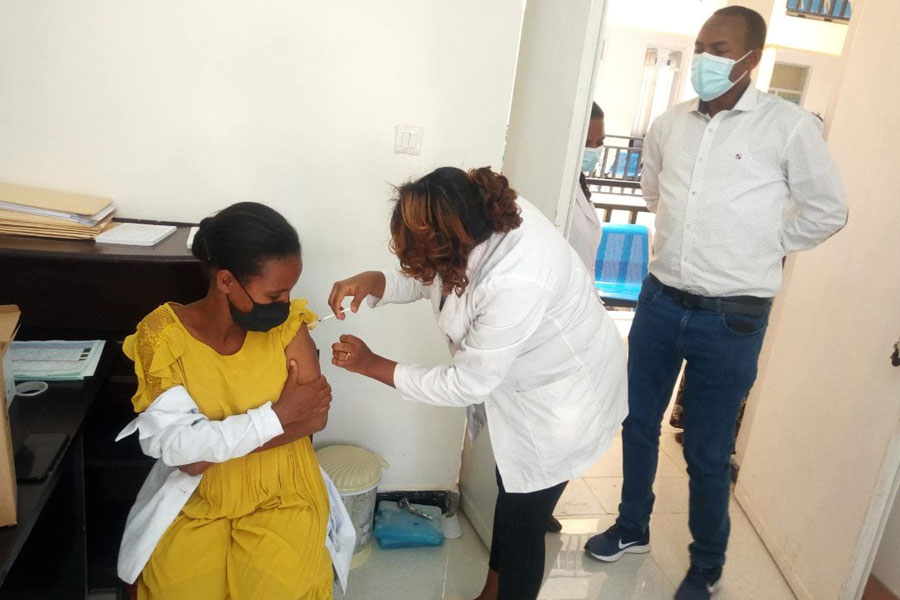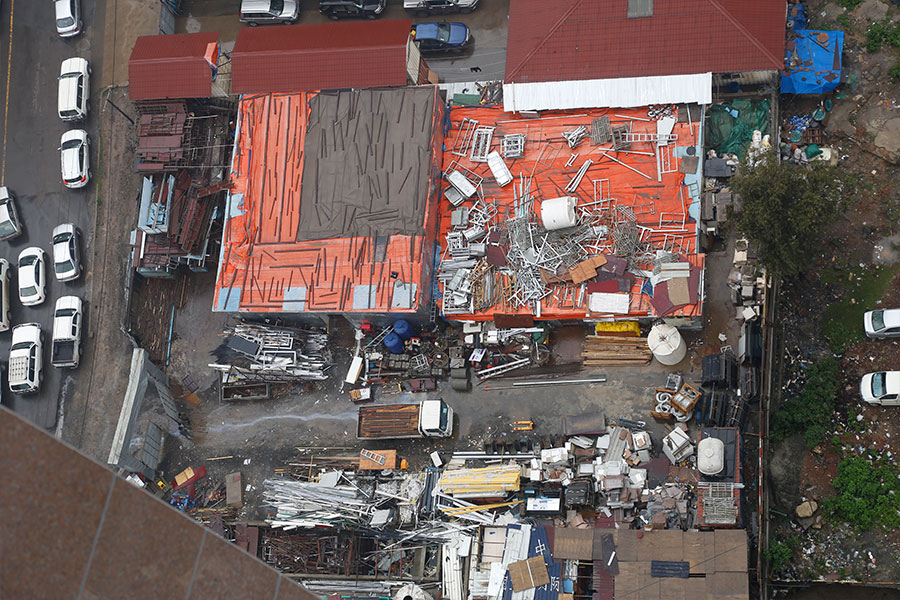
The children who grew up with Abebech Gobena called her “Eddaye,” a term of endearment of their creation. It is not clear when it started or how, but for Abebech, it was close in meaning to Aderaye, an Amharic word that could be translated to “responsibility” or “being beholden.” It was bounded fate in one another – one a motherly figure, towering as a symbol of compassion and kindness, and the other, many thousands of children that found her humanitarian embrace after turns of bad luck.
One of these children, Selamawit Yoseph, still calls her “Eddaye.” She was brought to what is now known as Abebech Gobena Children Care & Development Association, in the Aba Koran neighbourhood of Arada District, in 1997. She was not an orphan but vulnerable as her mother could not support her. When she was brought to live with Abebech, she did not find an institution but a rather modest home with about 150 children running around and playing. They were all close with the woman that would eventually be remembered as the Mother Theresa of Ethiopia, or even Africa.
“I slept next to her, and she thought me all that I know now,” says Selamawit, who eventually left the organisation after about seven years to live with family who went to receive monthly stipends from the Association through its many non-profit partners. “When I misbehaved, she pinched me.”
Vulnerability of children was perhaps something Abebech, who passed away from COVID-19 last Sunday after being treated at St. Paul’s Hospital, most understood. She ran away from her home in Gerar Jarso – in the North Shewa Zone of Oromia Regional State, where she was born 85 years ago – when she was 11. What prompted her was a forced marriage. She fled as far away as she could, eventually finding herself in Addis Abeba.
The next three decades of her life, which saw her get married, were not as eventful as what would come next in the sphere of humanitarianism. Very devout, it was an event when she was 45 years old that defined her life thereafter.
She was on a religious pilgrimage to Gishen Mariam in Amhara Regional State, when she came across children living in shelters after being displaced by drought. She did not go home alone but with two children that she had adopted. It did not stop there. She had found a new calling, and the number of her children living with her would reach 21.
“At that point, we thought she was going crazy,” says Eshetu Aredo, her cousin and executive director of the Association. “The house was full of children.”
Afterwards, she would separate from her husband, move out of their house, and even sell her jewelry to support herself and the children she was raising. The number of children would grow in the meantime, and her work eventually developed into an association.
“As far as I know, outside of the likes of missionaries, we were the first private-run orphanage,” says Eshetu.
Her humanitarianism continued for four decades, and reached 1.5 million people through various programmes, according to the Association. Through the funding and donations it has received, the non-profit supported the construction of schools, opened vocational training centres for women, helped female entrepreneurs access credit and contributed to environmental protection by growing and distributing over 100,000 seedlings annually.
The awards and recognition that come with achieving a certain social status have accrued to her as well, such as an honorary degree, but she also became a household name. 'Abebech Gobena' now evokes humanitarianism and care for vulnerable children – a legacy she wore proudly.
“I have no children of my own, but I have a family of hundreds of thousands,” she once said. “I have no regrets.”
PUBLISHED ON
Jul 11,2021 [ VOL
22 , NO
1106]

Obituary | Jul 13,2020

Commentaries | Dec 04,2021

Covid-19 | Mar 06,2021

Fortune News | Apr 10,2021

Radar | Jul 18,2021

Fortune News | Apr 03,2021

Radar | Jun 19,2021

Fortune News | Jul 18,2021

Featured | Jun 21,2021

Fortune News | Apr 24,2021

Dec 22 , 2024 . By TIZITA SHEWAFERAW
Charged with transforming colossal state-owned enterprises into modern and competitiv...

Aug 18 , 2024 . By AKSAH ITALO
Although predictable Yonas Zerihun's job in the ride-hailing service is not immune to...

Jul 28 , 2024 . By TIZITA SHEWAFERAW
Unhabitual, perhaps too many, Samuel Gebreyohannes, 38, used to occasionally enjoy a couple of beers at breakfast. However, he recently swit...

Jul 13 , 2024 . By AKSAH ITALO
Investors who rely on tractors, trucks, and field vehicles for commuting, transporting commodities, and f...

Jun 28 , 2025
Meseret Damtie, the assertive auditor general, has never been shy about naming names...

Jun 21 , 2025
A well-worn adage says, “Budget is not destiny, but it is direction.” Examining t...

Jun 14 , 2025
Yet again, the Horn of Africa is bracing for trouble. A region already frayed by wars...

Jun 7 , 2025
Few promises shine brighter in Addis Abeba than the pledge of a roof for every family...